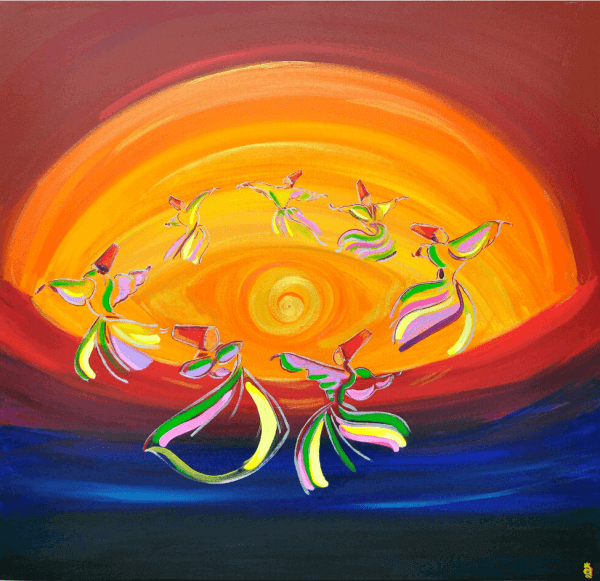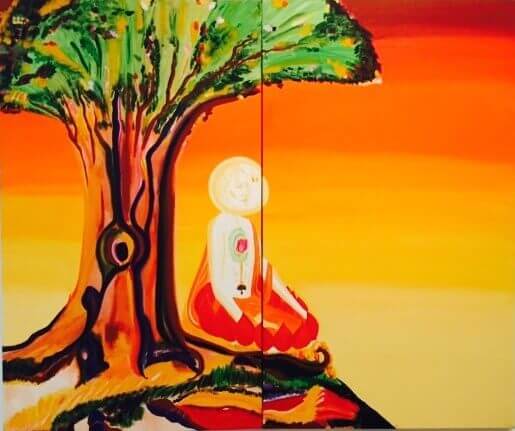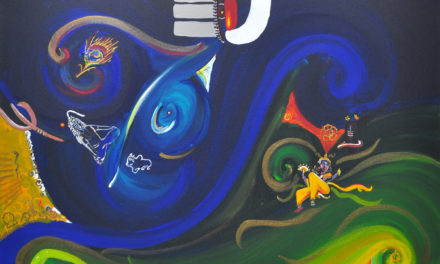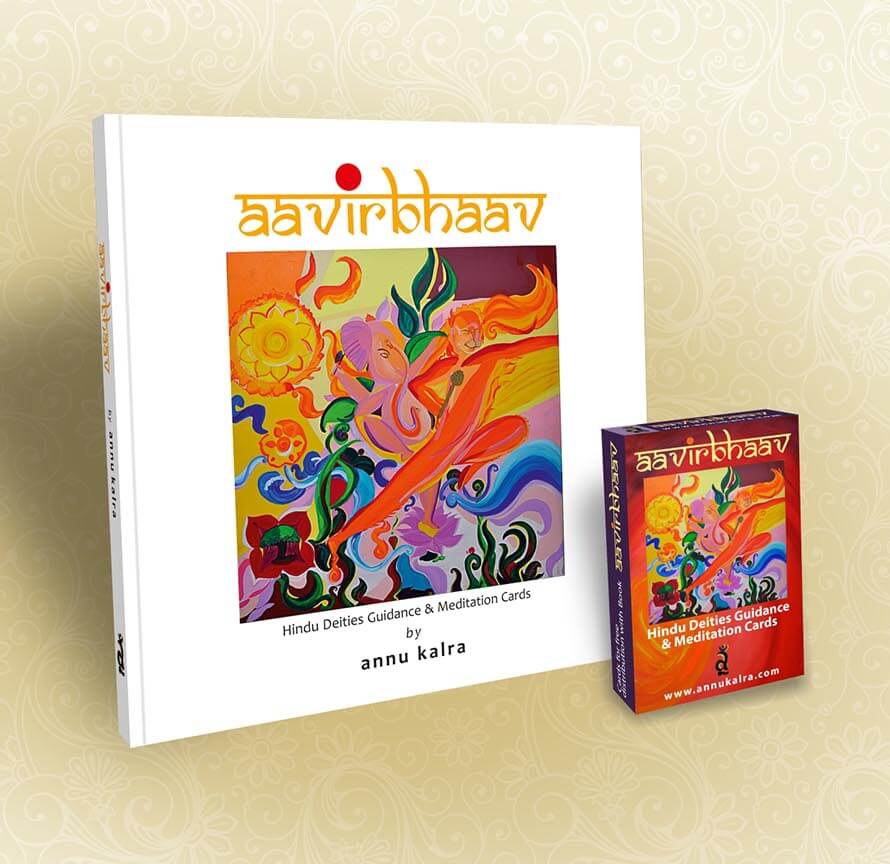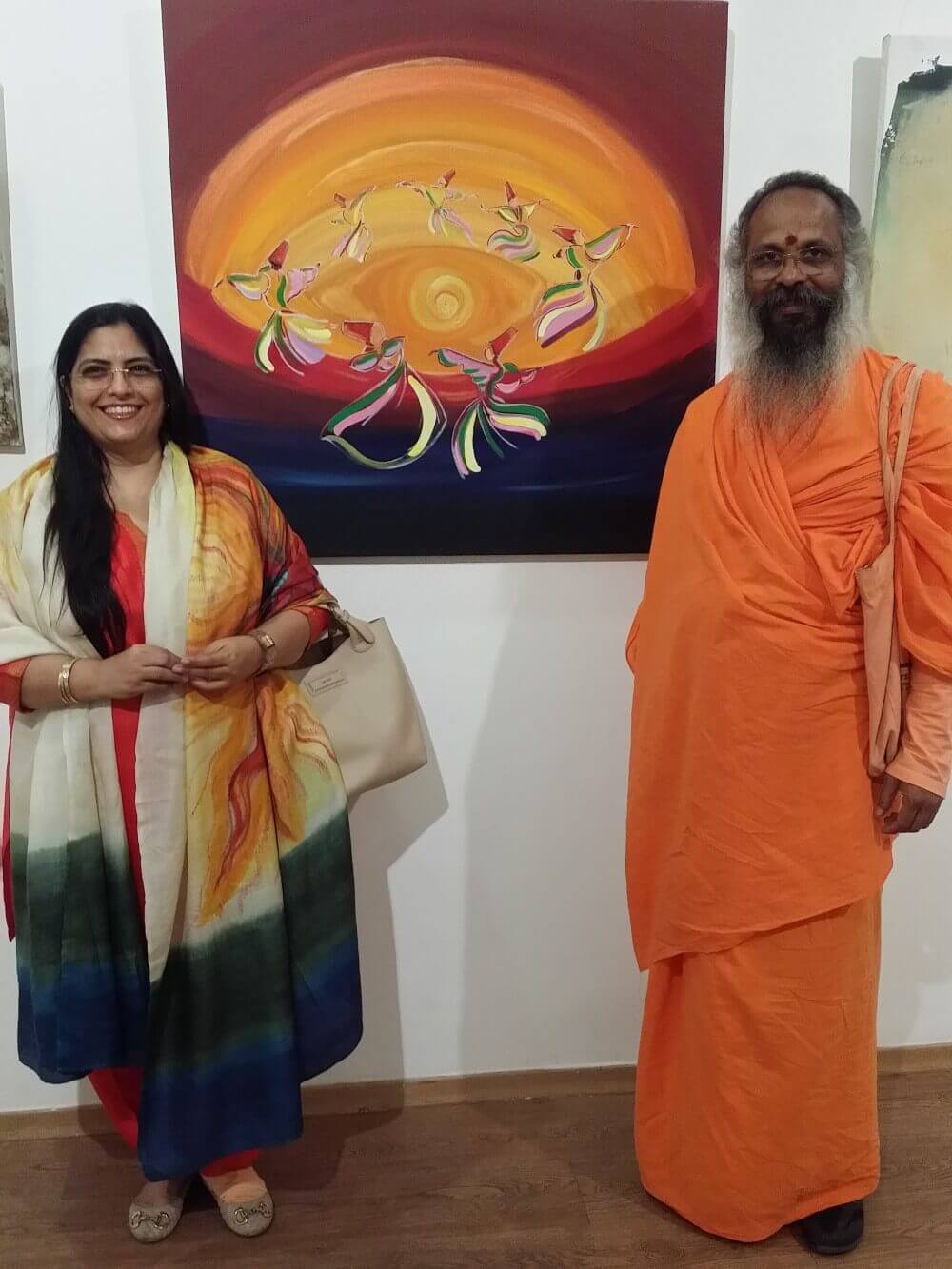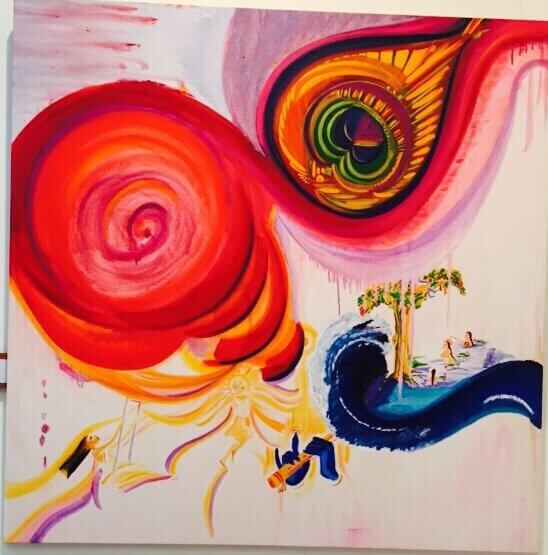This Article appeared in Speaking Tree on 24th June 2018
Listening to ‘Moko kahan dhoondhe re bande’ by Kabir in Bhupender’s voice on Vividh Bharti’s non-film song programme in childhood is one of my very fond memories. In the school curriculum too, the poetry of Kabir was easiest to memorise, one due to its meter and other because there were many songs in those days with Kabir’s dohas in Hindi films. Incorporating his own name by saying Kehat Kabir within the poem was like a totally ingenious move.No way would any teacher ever give a question in the Hindi test paper asking to identify the poet by giving one of his couplets!
As one was growing up, Kabir’s dohas became a life-skills reference manual. There was a doha that would teach you the value of hard work, one that conveyed the equality of all beings and yet another one that cautioned you against treating people badly. In days when you couldn’t access the net for fancy quotes, quoting a Kabir doha to shed light on a life situation was pretty fancy.The grandmother did it, the mother did it and you could too.
A former colleague had gone to a small town to attend a meeting. Tired and irritated after a long bus journey, he stood at the bus stand trying to get his bearings.A soft-spoken ordinarily dressed man offered him water and bananas.As he tried to pay him, the man declined. He said he was a Kabir Panthi and offering refreshments to tired travellers was what he did as his sadhana. No banner, no loudspeaker, no outward symbolism of being a spiritual aspirant, no attempt to get any mileage whatsoever. Just a quiet offering to anyone who seemed to be in need. He even offered my friend space to rest in the shade under the tree where he had his earthen pot of water and bunches of bananas.
That silent understated energy of Kabir kept moving through my life in various ways. Sometimes listening to Channu Lal Mishra sing, “Duniya darshan ka hai mela...” would get me in a reflective mood. On another occasion, reading about the story of the fights between two communities over his mortal remains and of the miraculous transformation of his body would remind me of a particular aspect from my childhood.We once lived in a locality that was infamous for having had communal riots. I had heard stories from friends about the rioting.We often visited a particular family who had lost their young son in one of those riots. Such warm loving people there were on either side of that locality that as a little girl, I could never really accept that these people had ever done such heinous things that resulted in the lovely lady losing her precious son. Each was so preoccupied in making a living; where was the time and energy for the showdowns that I had heard about?
Festival time was so full of celebration and sharing, whether it was Eid or Dussehra. There was such bonhomie among us even in day-today dealings. When I read or hear about communal incidents now, I feel the same sense of incredulity rising in me.Will we never learn about the true purpose of religion? We need more Kabirs in our lives today.We need his keen questioning and reinterpreting of traditions and scriptures, lest they become traps of devolution instead of raising consciousness to a more compassionate state.We need to learn from his life of coexistence of material activity and spiritual exploration. He transformed the craft of weaving and dyeing cloth into an activity of spiritual transformation. His words inspired, and continue to inspire people without being laced with any jingoism and fearmongering. On the occasion of Kabir Jayanti — which is on June 28 this year — let us understand the shakti, strength, in the bhakti, devotion, of this famous saint and just like him, look at life as a divine manifestation, respecting and loving each and every being as the ultimate spiritual practice. No practice, no ritual, no study can yield anything unless there is love for the whole of creation as a prayer to the Creator.As Sant Kabir said,“Dhaai akkhar prem kaa padhe so pandit hoye — only knowing love makes one wise!” Amrita Pritam had exclaimed, “Ajj kithon liyaiye labh ke Waris Shah ikk hor…”, I would plead that we find and bring more Kabir into our lives, manifest more Kabir in ourselves.
■ Post your comments at speakingtree.in

